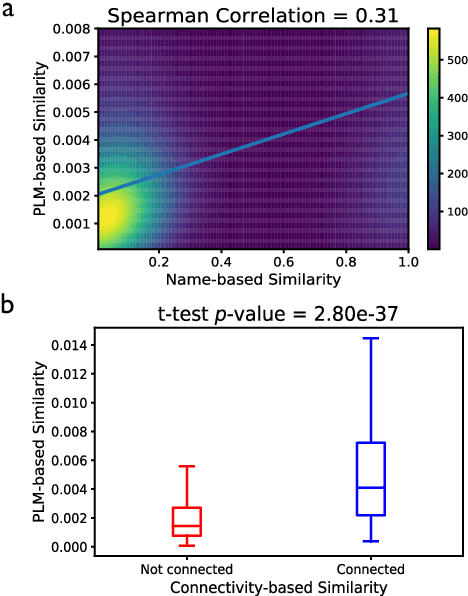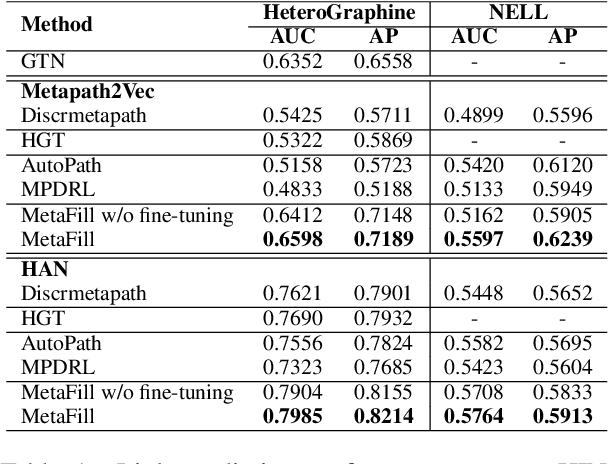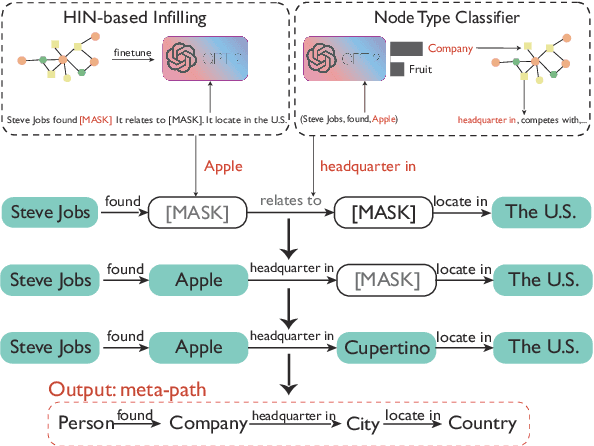Kefei Duan
Enhancing Decision-Making of Large Language Models via Actor-Critic
Jun 04, 2025Abstract:Large Language Models (LLMs) have achieved remarkable advancements in natural language processing tasks, yet they encounter challenges in complex decision-making scenarios that require long-term reasoning and alignment with high-level objectives. Existing methods either rely on short-term auto-regressive action generation or face limitations in accurately simulating rollouts and assessing outcomes, leading to sub-optimal decisions. This paper introduces a novel LLM-based Actor-Critic framework, termed LAC, that effectively improves LLM policies with long-term action evaluations in a principled and scalable way. Our approach addresses two key challenges: (1) extracting robust action evaluations by computing Q-values via token logits associated with positive/negative outcomes, enhanced by future trajectory rollouts and reasoning; and (2) enabling efficient policy improvement through a gradient-free mechanism. Experiments across diverse environments -- including high-level decision-making (ALFWorld), low-level action spaces (BabyAI-Text), and large action spaces (WebShop) -- demonstrate the framework's generality and superiority over state-of-the-art methods. Notably, our approach achieves competitive performance using 7B/8B parameter LLMs, even outperforming baseline methods employing GPT-4 in complex tasks. These results underscore the potential of integrating structured policy optimization with LLMs' intrinsic knowledge to advance decision-making capabilities in multi-step environments.
Re-Tuning: Overcoming the Compositionality Limits of Large Language Models with Recursive Tuning
Jul 05, 2024Abstract:We present a new method for large language models to solve compositional tasks. Although they have shown strong performance on traditional language understanding tasks, large language models struggle to solve compositional tasks, where the solution depends on solving smaller instances of the same problem. We propose a natural approach to solve compositional tasks recursively. Our method, Re-Tuning, tunes models to break down a problem into subproblems, solve those subproblems, and combine the results. We show that our method significantly improves model performance on three representative compositional tasks: integer addition, dynamic programming, and parity. Compared to state-of-the-art methods that keep intermediate steps towards solving the problems, Re-Tuning achieves significantly higher accuracy and is more GPU memory efficient.
MetaFill: Text Infilling for Meta-Path Generation on Heterogeneous Information Networks
Oct 14, 2022



Abstract:Heterogeneous Information Network (HIN) is essential to study complicated networks containing multiple edge types and node types. Meta-path, a sequence of node types and edge types, is the core technique to embed HINs. Since manually curating meta-paths is time-consuming, there is a pressing need to develop automated meta-path generation approaches. Existing meta-path generation approaches cannot fully exploit the rich textual information in HINs, such as node names and edge type names. To address this problem, we propose MetaFill, a text-infilling-based approach for meta-path generation. The key idea of MetaFill is to formulate meta-path identification problem as a word sequence infilling problem, which can be advanced by Pretrained Language Models (PLMs). We observed the superior performance of MetaFill against existing meta-path generation methods and graph embedding methods that do not leverage meta-paths in both link prediction and node classification on two real-world HIN datasets. We further demonstrated how MetaFill can accurately classify edges in the zero-shot setting, where existing approaches cannot generate any meta-paths. MetaFill exploits PLMs to generate meta-paths for graph embedding, opening up new avenues for language model applications in graph analysis.
 Add to Chrome
Add to Chrome Add to Firefox
Add to Firefox Add to Edge
Add to Edge